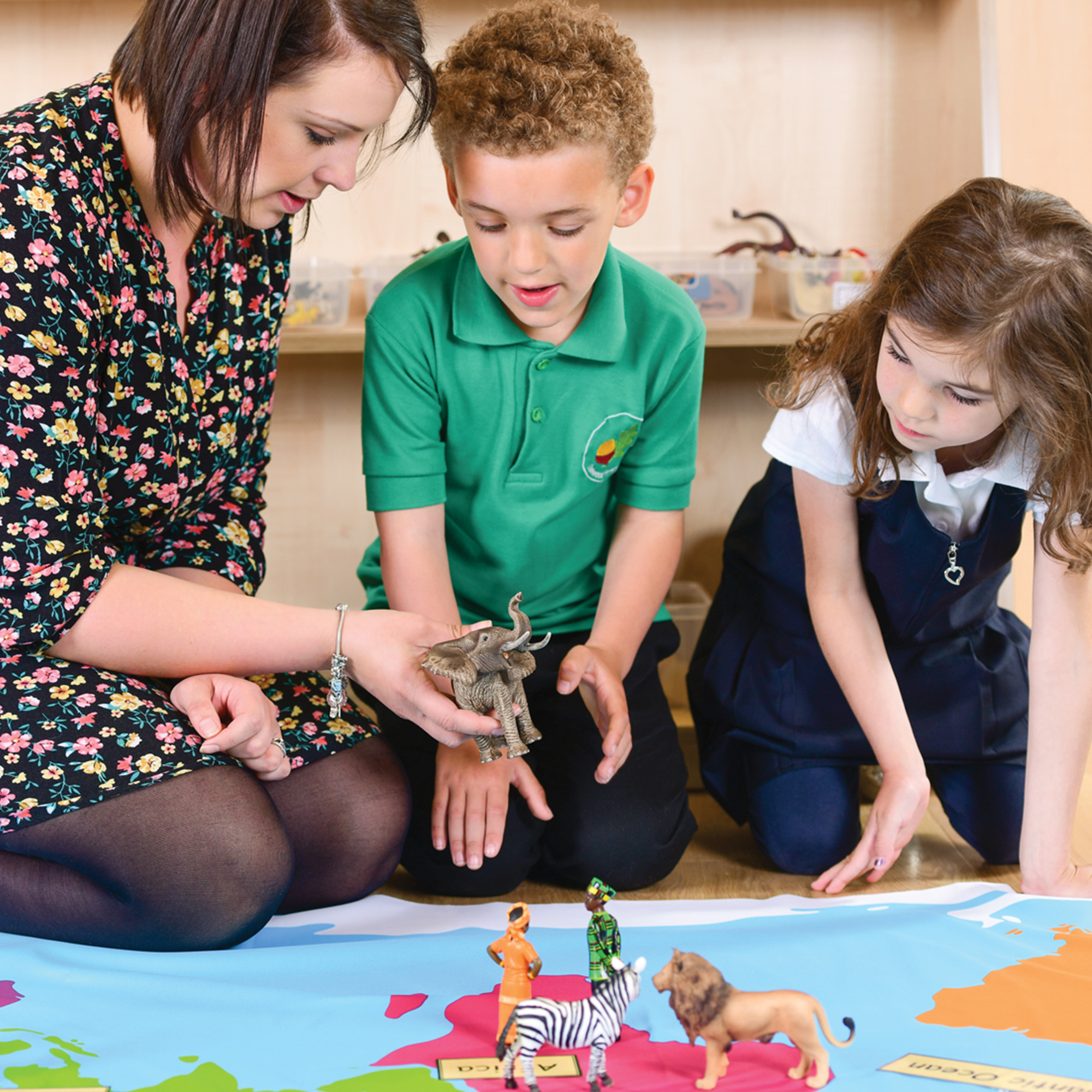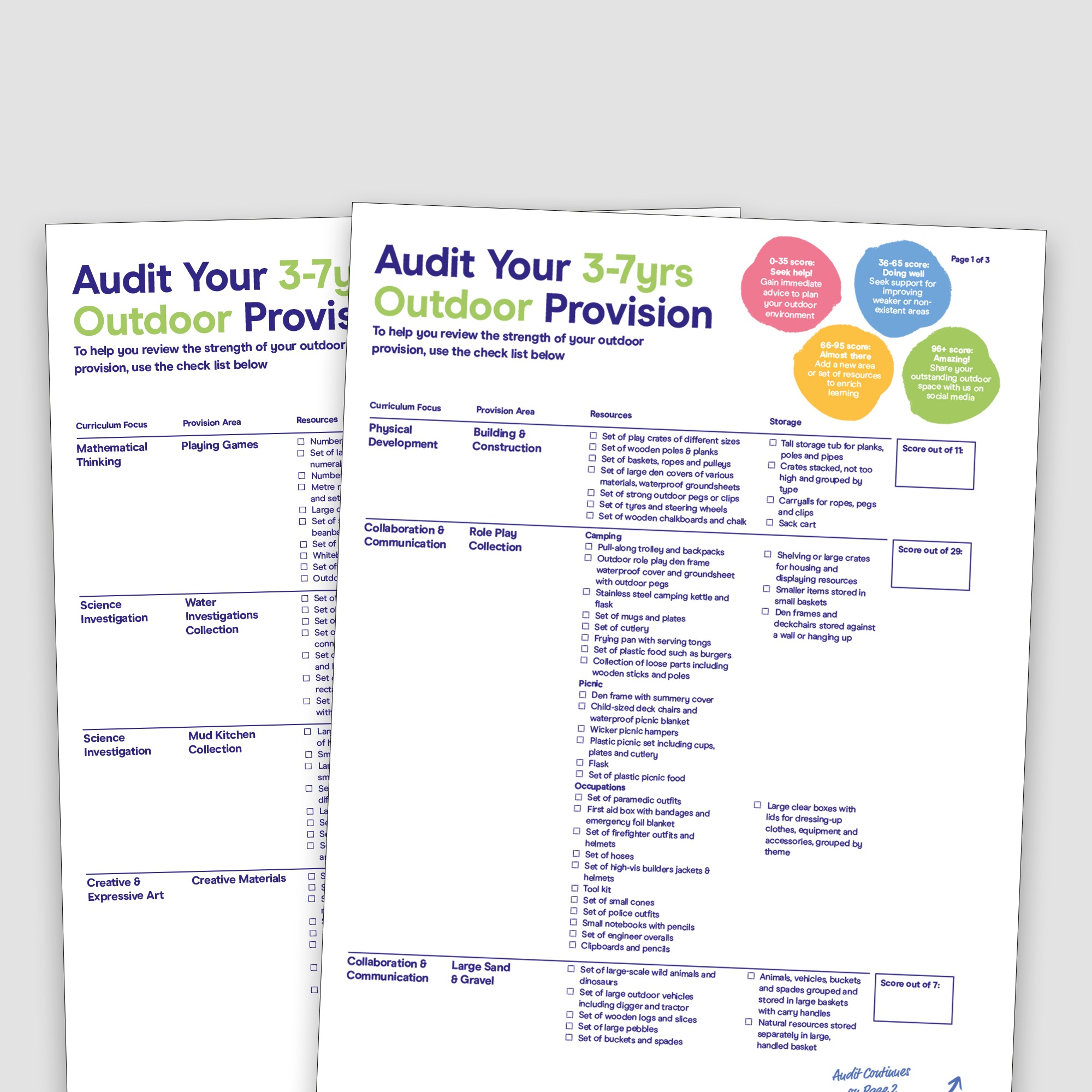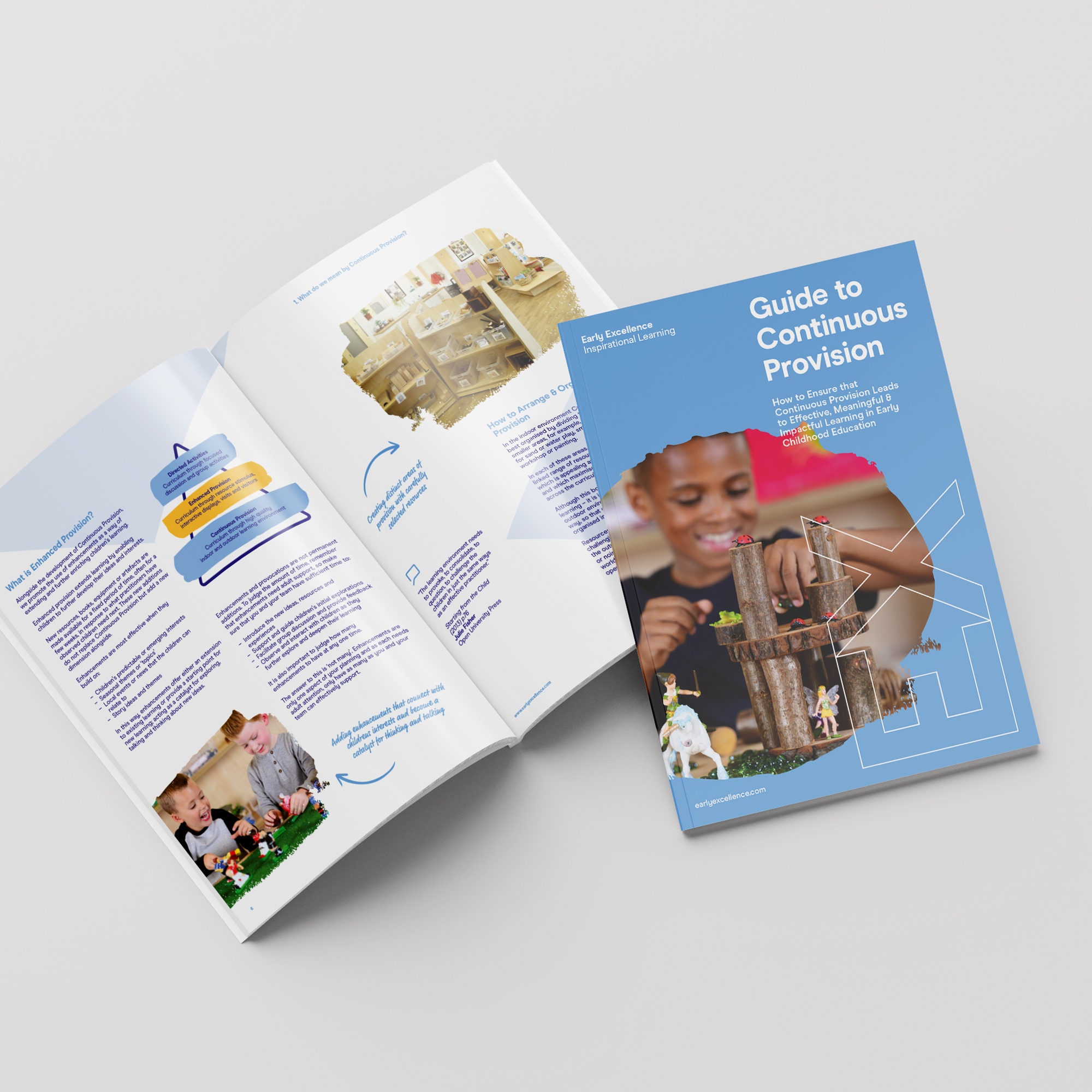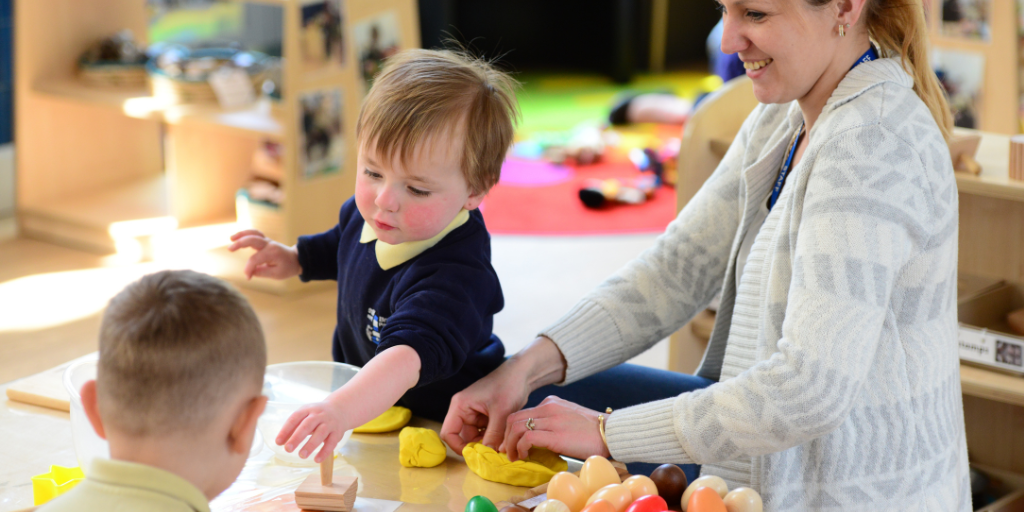As an ECT, starting a new teaching job is exciting, and a chance to put into practice so many ideas that you have seen and heard about through training and teaching practices. As you step into your new classroom, your head will be buzzing with lots of plans and ideas and there will be all sorts of things that need to be done before the children start in September.
This article is also available as a podcast:
Where to start as an ECT
My first piece of advice is to make lists of what you are going to achieve. Creating a list will help you feel in control and will enable you to prioritise what needs to be done. Your list will, of course, be highly practical, you will have so much to get organised – but here you will find a few practice-based tips to help you get started. In this Survival Guide Part 1, I’ve thought about who you need to get to know and why.
Getting to know your team
Working in the EYFS usually means working in a team. An effective team is built on mutual respect and understanding. When you start your new role, take the time to get to know your new colleagues and what they bring to the team. Find out from them what has worked previously in organising and developing the EYFS learning environment and which routines have been successful. Where possible, involve your new team in any changes that you make. This will create a shared understanding across the team and will also help individual team members feel valued. Making large changes without the involvement of members of the team will leave some members of staff feeling left behind.
Getting to know your new school
There’s no such thing as a silly question! Ask the other members of your team, or the EYFS Leader to explain anything that you’re not sure about. Developing a clear idea of different approaches and ideas in early years will enable you to be more confident about creating your own vision as your career progresses.
Getting to know your children individually
Spend time really getting to know the young children in your new Nursery or Reception class – and get to know them as individuals. What makes each child in your class who they are? What are they interested in? And what does one child know that another child may not? In any Early Years classroom there are children with very specific interests and fascinations – the child who is an expert in dinosaurs is a classic example. Knowing this, and celebrating it in different ways through the play-based curriculum, will give each child a sense of identity and belonging within the class.
Getting to know your children’s families
Get to know the parents of the children in your new Early Years class, as soon as you can and give them the time to get to know you. Try to be available to talk informally with parents at the beginning and end of each day. Many parents may be anxious about their child starting school or nursery and will value the opportunity to share any worries or queries. This will support parents in feeling valued and will create an environment where sharing information between home and school is part of everyday practice.
Getting to know the EYFS community
There are lots of different ways that you can connect with colleagues at other schools and settings. Visiting other settings is always useful. Ask your EYFS Leader if they can arrange for you to visit other local schools and settings.
Then there’s the wider EYFS community too. Social media is a great media for staying in touch with current issues and to share ideas. Do be careful though – not every idea that you see on social media will work in reality. Effective areas of provision need to be carefully planned and you’ll need to be able to explain your thinking. Trying to recreate Pinterest provision areas will probably distract you from this.
And finally…
Working in the Early Years and creating an environment with early year resources – whether in the Nursery Year or the Reception Year – can be complex and challenging, but it also provides you with an incredible opportunity to shape the lives of young learners which is so rewarding – this year is going to be a steep learning curve, especially given the lockdown and expecting the new EYFS development matters. You’ll make mistakes (we all do!) but, be yourself, try to relax, smile and enjoy the time with your children. When children look back on their time in the EYFS, above all the other things that we constantly try to get right, they’ll remember how they felt.
Creating an early years environment based on strong relationships and wellbeing has got to be the first priority!
We hope that you’ve found what we’ve written here helpful – do let us know how you’re getting on too!
Learn More:

As you step into your new classroom, your head will be buzzing with lots of plans and ideas and that’s where we can support. We have lots of support for ECT’s so click below to find out how we can work with you.

Carefully planned continuous provision will enable children to learn skills, will challenge their thinking and help them to embed concepts. Download a free copy of our early years provision audit tool to check out the quality of your provision today.

If you would like to extend your knowledge on what Continuous Provision is all about, why it’s important and how to plan each area to ensure maximum curriculum coverage, our Guide to Continuous Provision is available to purchase.

